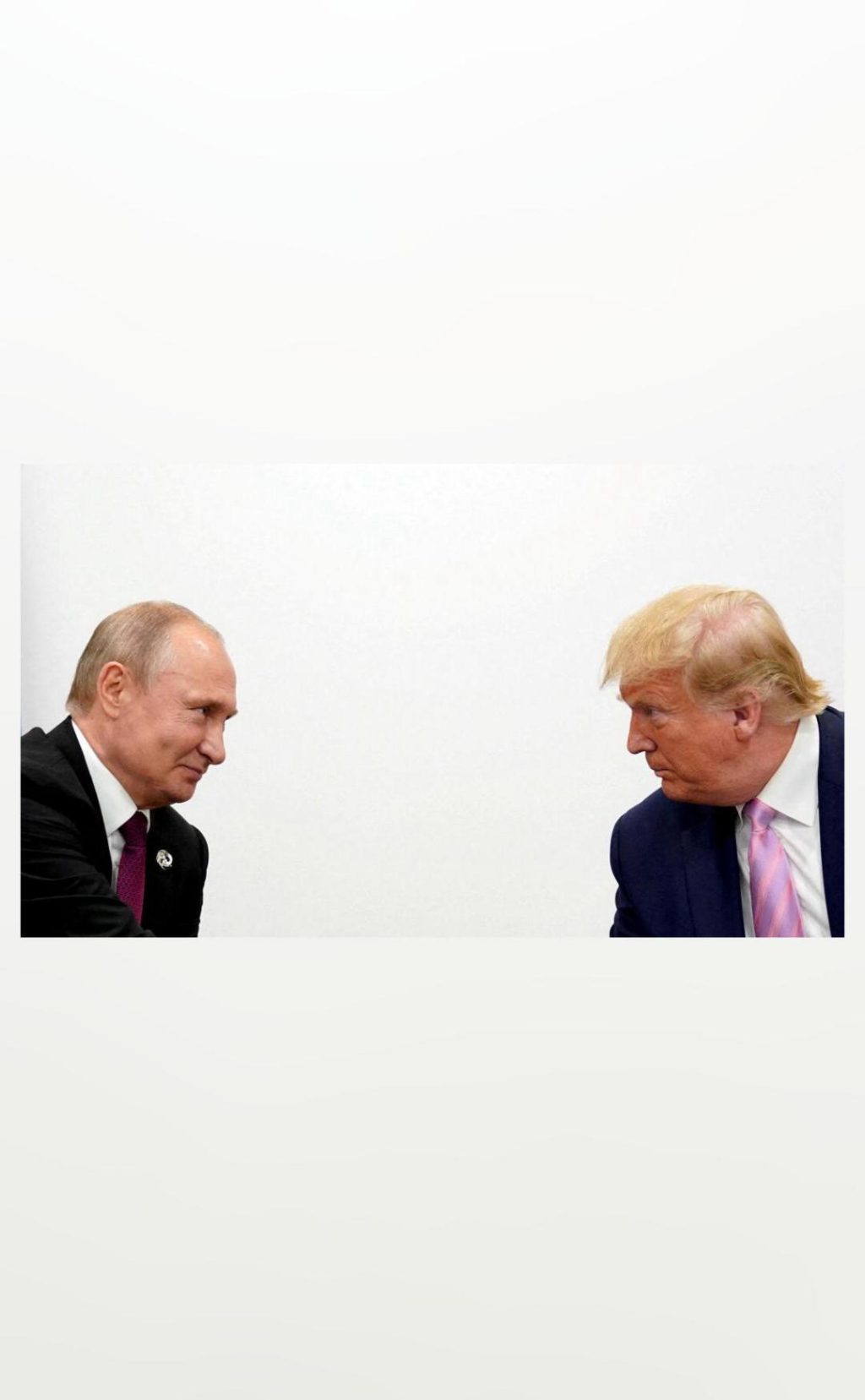
Title: US Sides with Russia & Refuses to Blame it for Ukraine War at UN
The ongoing conflict in Ukraine, which has been raging for three years now, has taken a dramatic turn as the United States sided with Russia and refused to blame the latter for the invasion. This unexpected move has left many wondering about the implications of such a decision, especially when it comes to the global community’s stance on the issue.
The development came to light on March 24, when the United Nations (UN) held a vote on a Europe-backed resolution that demanded an immediate withdrawal of Russian troops from Ukraine. The resolution, which was put forward by the European Union, the United Kingdom, and Ukraine, aimed to put pressure on Russia to end its military intervention in the country.
However, in a surprise turn of events, the United States joined Russia in voting against the resolution. The US decision to side with Russia has sent shockwaves globally, with many questioning the motives behind this sudden shift in policy.
For years, the United States had been a vocal critic of Russia’s actions in Ukraine, with former President Joe Biden consistently voting with the Europeans on the issue. However, under the current administration, the US has taken a different stance, choosing to abstain from voting on several resolutions related to the conflict.
The latest resolution, which was rejected by a vote of 101-7-19, was not the first time the US has declined to vote in favor of a resolution condemning Russia’s actions in Ukraine. In January, the US abstained from voting on a resolution that demanded an end to Russia’s military occupation of Ukrainian territory.
The decision to side with Russia has been met with criticism from many quarters, with some accusing the US of abandoning its allies and compromising its values. The European Union, which had been a vocal critic of Russia’s actions in Ukraine, was left reeling from the US decision, with many expressing disappointment and frustration.
Meanwhile, India, China, and Brazil abstained from voting on the resolution, citing concerns about the potential consequences of the conflict and the need for a peaceful resolution. The abstention of these major economies has raised questions about the effectiveness of the UN in addressing global conflicts.
The US decision to side with Russia has significant implications for the global community, particularly in the context of the ongoing conflict in Ukraine. It is a clear indication that the US is willing to diverge from its traditional allies and adopt a more pragmatic approach to international relations.
The move has also raised concerns about the long-term impact on the US’s reputation and credibility on the global stage. The US has historically been a champion of human rights and democracy, and its decision to side with Russia has sent a mixed signal to the international community.
Moreover, the decision has sparked concerns about the potential consequences for Ukraine, which has been fighting for its independence and sovereignty for years. The country has been subject to significant military pressure from Russia, and the US decision to side with Russia has raised concerns about the level of support Ukraine can expect from the international community.
The US decision to side with Russia has also sparked debates about the role of the UN in addressing global conflicts. The organization has been criticized in the past for its inability to effectively address conflicts, and the recent decision has raised questions about its relevance in today’s global landscape.
In conclusion, the US decision to side with Russia and refuse to blame it for the Ukraine war at the UN is a significant development that has sent shockwaves globally. The implications of this decision are far-reaching, and it remains to be seen how it will impact the global community’s stance on the issue.
As the situation continues to unfold, it is essential for the international community to come together and find a peaceful resolution to the conflict. The US decision to side with Russia has created a challenging environment, but it also presents an opportunity for the global community to come together and find a way forward.
Sources:



